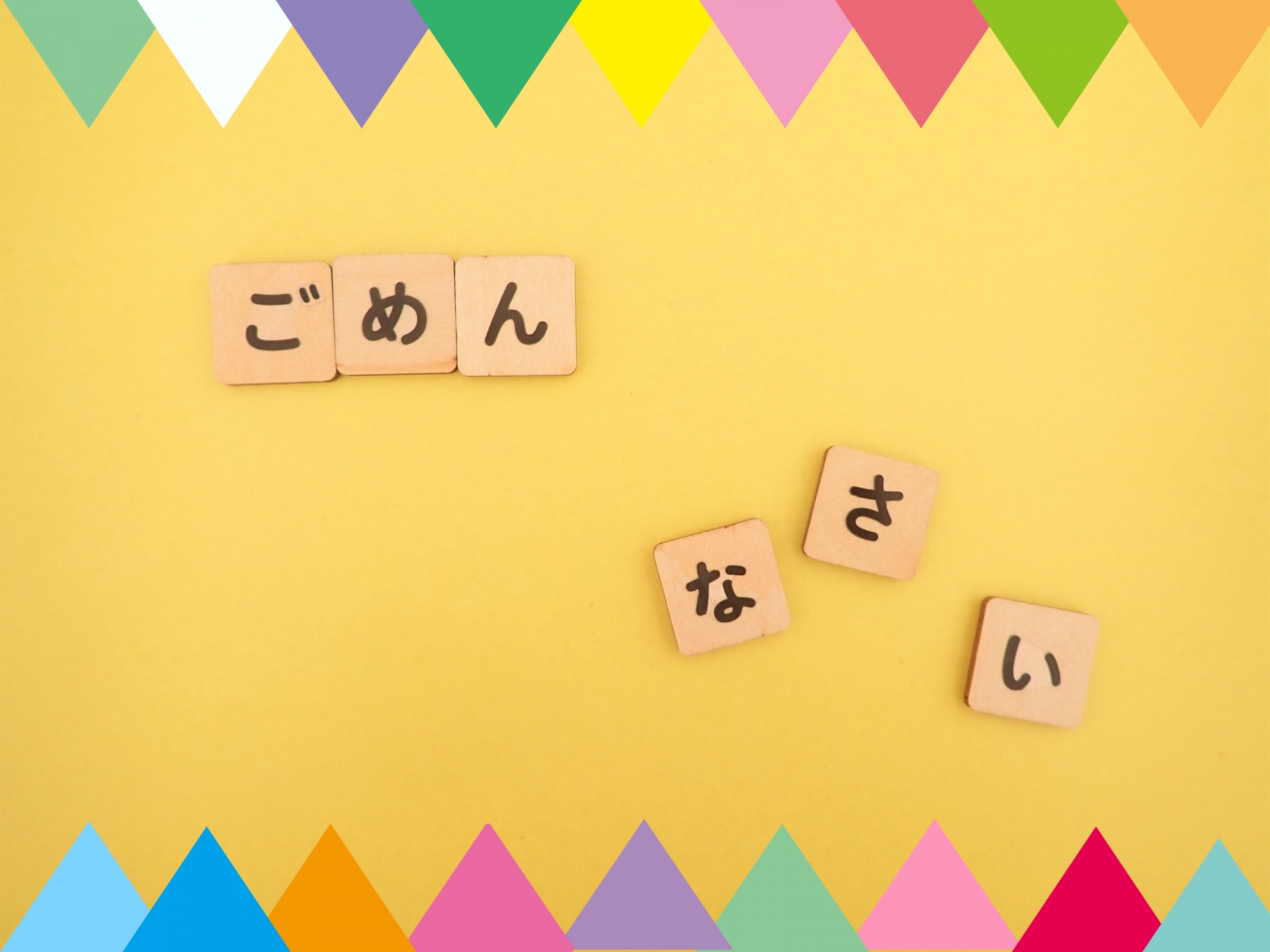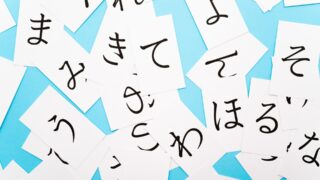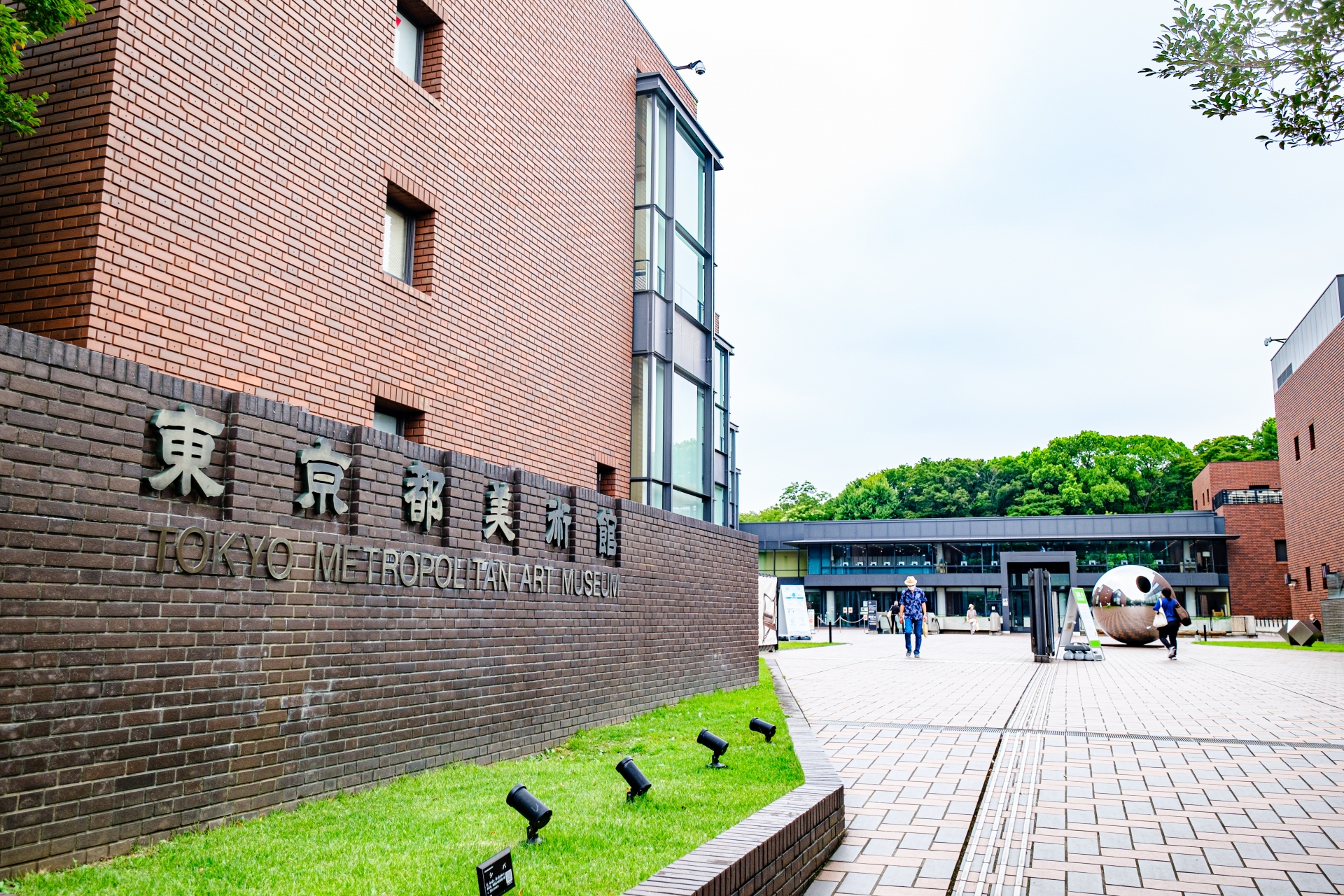
Mao Goto is a Japanese freelancer who was born in Hayama, Kanagawa prefecture, and raised in Tokyo. Since 2016 she lives in the Taito Ward, home to a lot of Japanese culture hotspots such as Asakusa, Akihabara, and Ueno. She has been interested in the field of English education in Japan and got her Master’s degree in March 2020. A lover of photography, travel, sweets, and cross-stitch. Contact her via Facebook.
This post may contain some affiliate links. When you click through and make a purchase we may receive some commission, at no extra cost to you.
Hello to all students of Japanese! Today we will focus on one of the fascinating aspects of the Japanese language, the expression of apology. Language often reflects culture and customs, and there are many different expressions that can be used for different situations. By learning them, you will be able to communicate with others in a richer way. Understanding not only the expression of apology but also the cultural meaning behind it will deepen your study of the Japanese language and make you more confident in speaking the language. Let’s begin by taking a closer look at apologies in Japanese!
1. Gomen (ごめん)
“Gomen (ごめん)” is the basic expression of apology in Japanese. This word is often used to convey humility and sincerity. When you have been rude, made a mistake, or behaved inappropriately toward someone, you show your apology by saying this.
Example sentence:
A: ごめん、今遅れてしまって。
B: ああ、だいじょうぶ。なにかあったの?
A: Gomen, ima okurete shimatte.
B: Aa, daijoubu. Nanika atta no?
(A: I’m sorry for being late now.
B: Oh, it’s okay. Is there something wrong?)
2. Gomennasai (ごめんなさい)
In Japanese, “gomen (ごめん)” and “gomennasai (ごめんなさい)” are commonly used to express apologies, but subtle differences exist. “Gomennasai” is usually more formal and sincere.
Example sentence:
A: ごめんなさい、先日のミーティングに参加できなくて。
B: いいえ、ご心配なく。次回の機会にお会いできればと思います。
A: Gomen nasai, senjitsu no meeting ni sanka dekinakute.
B: Iie, goshinpai naku. Jikai no kikai ni oai dekireba to omoimasu.
(A: I’m sorry I couldn’t attend the meeting the other day.
B: No need to worry. I hope to see you at the next opportunity.)
3. Sumimasen (すみません)
“Sumimasen (すみません)” is a word commonly used in Japanese to indicate an apology, a request, or to say “excuse me”. This word sounds somewhat polite and is used daily because it is respectful and humble toward the other party. It is used to convey to the other person one’s apology or requests.
Example sentence:
A: すみません、先日のレポートについての質問がありますが、お時間いただけますか?
B: もちろんです、どの部分について質問がありますか?
A: Sumimasen, senjitsu no repooto ni tsuite no shitsumon ga arimasu ga, ojikan itadakemasu ka?
B: Mochiron desu, dono bubun ni tsuite shitsumon ga arimasu ka?
(A: Excuse me, I have a question about the report from the other day. Could you spare a moment?
B: Of course, what specific part are you inquiring about?)
4. Suimasen (すいません)
“Suimasen (すいません)” is an expression used in the same way as “sumimasen”. There is a subtle difference in nuance between “suimasen” and “sumimasen,” because “suimasen” is an abbreviation of “sumimasen,” giving it a more friendly and casual tone. Basically, it is a concise expression used to apologize or make a request. For example, it is often used to ask a favor of someone who is busy or to make a small inconvenience. It is an effective expression in friendly communication.
Example sentence:
A: すいません、今日の天気知ってる?
B: ああ、大丈夫。晴れてるみたいだよ。
A: Suimasen, kyou no tenki shitteiru?
B: Aa, daijoubu. Hareteru mitai da yo.
(A: Excuse me, do you know today’s weather?
B: Oh, it’s okay. It seems to be sunny.)
5. Moushiwake arimasen (申し訳ありません)
“Moushiwake arimasen (申し訳ありません)” is an expression used when you have been rude or inconvenienced someone, or when you want to admit a mistake. The literal translation is similar to “I have no excuse” or “I don’t have words to apologize”. It is important as it conveys a sense of humility and sincerity toward the other party, and is a sincere apology. This is a relatively formal expression, suitable for business or public apologies. For example, it is used for mistakes made in meetings, broken promises, and correspondence with important business partners.
Example sentence:
A: 申し訳ありません、プロジェクトの進捗が遅れてしまって。
B: うーん、大丈夫。新しいアイデアを考えて乗り越えましょう!
A: Moushiwake arimasen, purojekuto no shinchoku ga okurete shimatte.
B: Uun, daijoubu. Atarashii aidea o kangaete norikoemashou!
(A: I apologize, the project progress has been delayed.
B: Hmm, no problem. Let’s overcome it with some fresh ideas!)
6. Moushiwake nai (申し訳ない)
“Moushiwake nai (申し訳ない)” is slightly more casual and friendly than “Moushiwake arimasen”. It is more appropriate for communication with friends and close associates. For this reason, “Moushiwake nai” is not often used in formal situations.
Example sentence
A: 申し訳ない、急な用事で今日のディナーには参加できそうにないんだ。
B: そうなんですか?大丈夫ですよ、またの機会にね。
A: Moushiwake nai, kyuu na youji de kyou no dinnaa ni wa sanka dekisou ni nain da.
B: Sou nan desu ka? Daijoubu desu yo, mata no kikai ni ne.
(A: I’m sorry, due to an unexpected matter, it seems I won’t be able to join for dinner tonight.
B: Is that so? It’s okay, we’ll catch up another time.)
7. Owabi moushiage masu (お詫び申し上げます)
“Owabi moushiage masu (お詫び申し上げます)” serves as a refined means to extend a formal apology, especially fitting for crucial written or public communications. This expression conveys an impression of sincerity and solemnity, and is a solid expression that can be used to convey sincerity to the other party when apologizing.
Example sentence:
A:「皆様に深くお詫び申し上げます。当社のミスによりご迷惑をおかけし、誠に申し訳ありません。」
A: “Minasama ni fukaku o-wabi mōshiagemasu. Tōsha no misu ni yori gomeiwaku o okake shi, makoto ni mōshi-wake arimasen.”
(A:“We deeply apologize here to everyone. We sincerely regret any inconvenience caused by our company’s mistake.”)
8. Shitsurei itashi mashita (失礼いたしました)
“Shitsurei itashi mashita (失礼いたしました)” is one of the most polite expressions in Japanese business and daily life, expressing an apology to another party. The literal translation is similar in meaning to “I have been rude”. This is an expression of acknowledging that some action or statement you made was rude to the other person and expressing a sense of apology. It is used in conversations, emails, and business situations when you feel that you have acted out of courtesy toward the other person.
Example sentence:
A: 先日のプレゼンでの誤解を解消すべく、資料を再度送付いたしました。 失礼いたしました。ご確認いただければと存じます。
B:わかりました。あとで再度確認しますね。
A: Senjitsu no purezen de no gokai o kaishou subeki, shiryou o saido itashimashita. Shitsurei itashimashita. Gokakunin itadakereba tozonjimasu.
B: Wakarimashita. Ato de saido shimasu ne.
(A: I have resent the materials to address any misunderstandings from the recent presentation. I apologize for any inconvenience. Please review when you have a moment.
B: Understood. I’ll double-check later.)
9. Hansei shite orimasu (反省しております)
“Hanabi shite orimasu (反省しております)” is an expression of deep remorse for one’s actions and words, and is used to express sincere feelings. “Hansei (反省)” means to reflect on one’s words or actions, indicating that one has realized one’s mistakes or errors and is taking a sincere attitude toward them. It is used in more formal and serious situations in business and everyday conversation, as well as in apologies for mistakes or failures in business.
Example sentence:
A: 先日のミーティングでの私の発言に誤りがあり、反省しております。
B: そんなに気にしないでください。次回に向けて頑張りましょう。
A: Senjitsu no miitingu de no watashi no hassen ni ayamari ga ari, hansei shiteorimasu.
B: Sonna ni ki ni shinaide kudasai. Jikai ni mukete ganbarimashou.
(A: I made a mistake in my remarks during the recent meeting, and I deeply reflect on it.
B: Please don’t worry too much about it. Let’s strive for improvement in the next meeting.)
10. Chinsha itashi masu (陳謝致します)
“Chinsha itashi masu (陳謝致します)” is a formal apology, used to express deep gratitude for an error or trouble in an important situation. It is a somewhat formal phrase, and is used to apologize for mistakes made in public business or at events, and therefore is rarely used among close relations such as family and friends.
Example sentence:
(会社): 前回のプロジェクトでの進捗報告に不備があり、関係者の皆様に誤った情報をお伝えしてしまいました。この誤りにより生じた混乱に対して、深く陳謝致します。今後はより正確な情報提供に努め、信頼を損なわないよう心掛けてまいります。
(Kaisha): Senjitsu no purojekuto de no shinchoku houkoku ni fubi ga ari, kankeisha no minasama ni ayamatta jōhō o otsutaeshite shimaimashita. Kono ayamari ni yori umareta konran ni taishite, fukaku chansha itashimasu. Kongo wa yori tadashii jōhō teikyō ni kokorozuyoku, shinrai o sokonawanai yō ni kokorogake te mairimasu.
(Company): Due to inaccuracies in the progress report of the recent project, we conveyed incorrect information to all stakeholders. We deeply apologize for the confusion caused by this mistake. Going forward, we will strive for more accurate information delivery to maintain trust and prevent similar misunderstandings.)
In this article, we have given you 10 ways to make mistakes in Japanese, but are there any expressions you would like to use? Japanese apologetic expressions vary subtly depending not only on the language, but also on the situation. Understanding and using these expressions differently will help you communicate more effectively and respectfully. As you utilize these expressions in actual conversation to deepen your communication with others, you may be able to experience the depth of the language. We hope you will find new discoveries and connections as you explore the Japanese language and its culture. Wishing you success and enjoy your journey of learning Japanese!
Japan Wonder Travel Tours
Japan Wonder Travel is a travel agency that offers guided tours throughout Japan.
From private walking tours to delicious Food and Drink tours, we can help you organize the best tours just for you! If you want to explore Japan and learn more about the history and backstories of each area you are visiting, our knowledgeable and friendly English speaking guides will happily take you to the best spots!
In addition, we can provide you with any assistance you may need for your upcoming trip to Japan, so please feel free to contact us if you have any questions or need some help!
▶Tokyo Tsukiji Fish Market Food and Drink Tour
Explore the most lively and popular fish market in Tokyo and try some of the local’s favorite street foods and sake with one of our friendly and knowledgeable English speaking guides!

▶Tokyo 1–Day Highlights Private Walking Tour (8 Hours)
There’s no better way to explore an area than taking a tour with a knowledgeable local guide. You will have the chance to learn about the history and interesting background stories of Tokyo, as well as discover some hidden gems which can be hard to do without a guide.
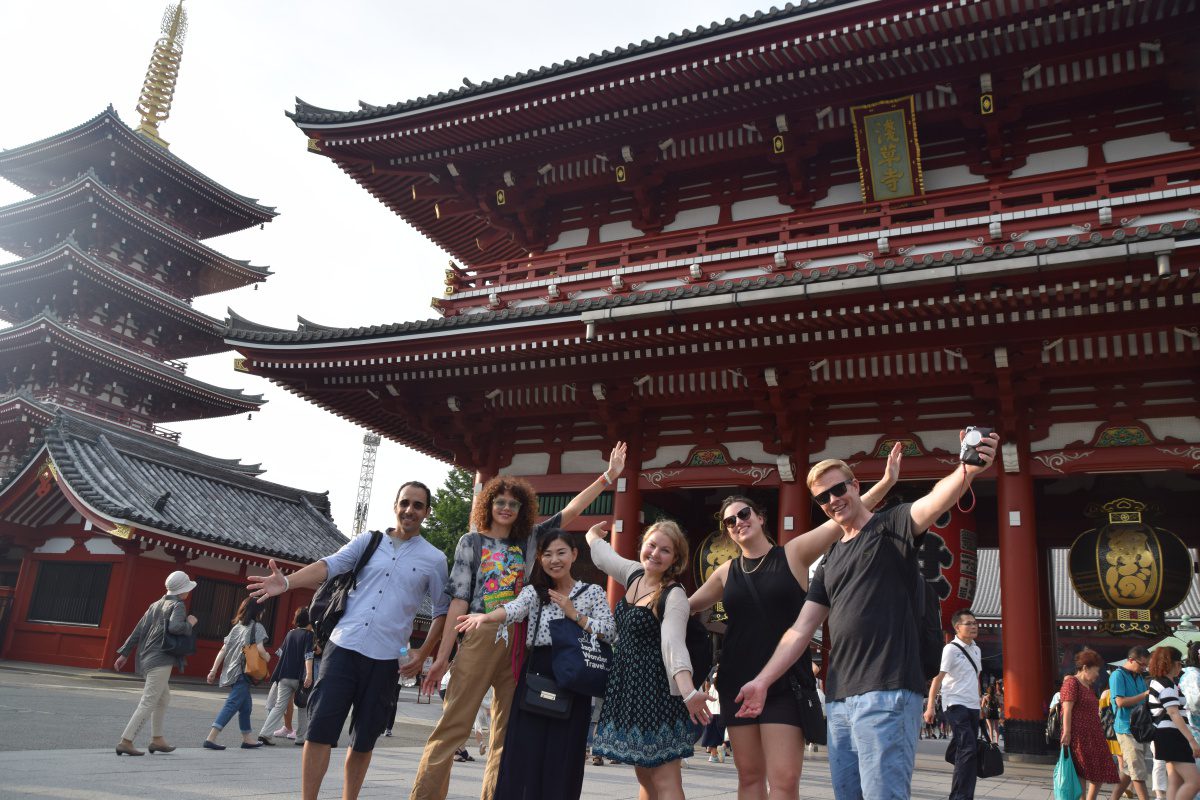
▶Mt. Fuji Day Trip Bus Tour from Tokyo
Experience the breathtaking views of Mt. Fuji by visiting the highlights of the area on our guided sightseeing bus tour! Departing from Shinjuku in central Tokyo, you can travel comfortably to all of the best spots in the area by bus.
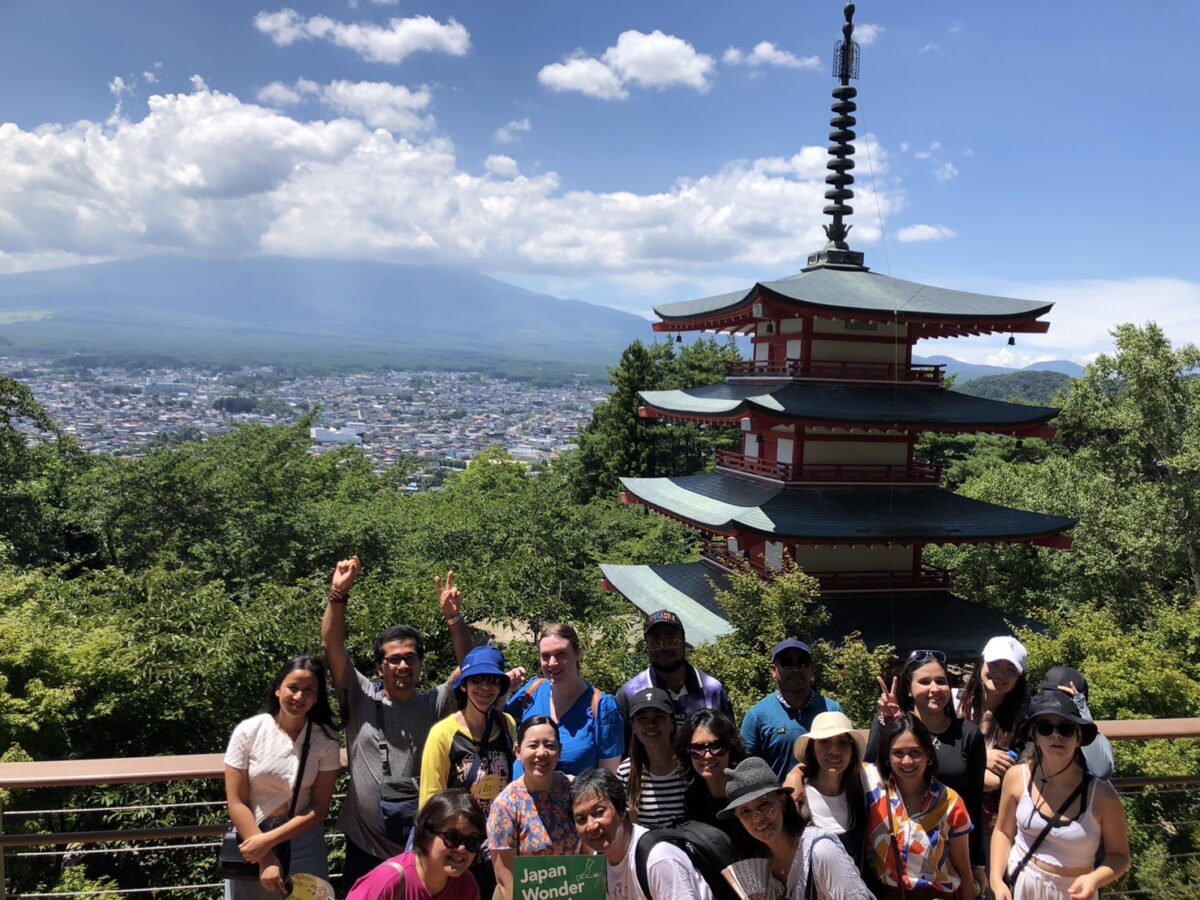
▶Kyoto Private Full Day Walking Tour
On this full-day private tour of Kyoto, you will be able to see the highlights of Kyoto in just one day and at the same time develop a deeper understanding of both the culture of the area and Japan as a whole.
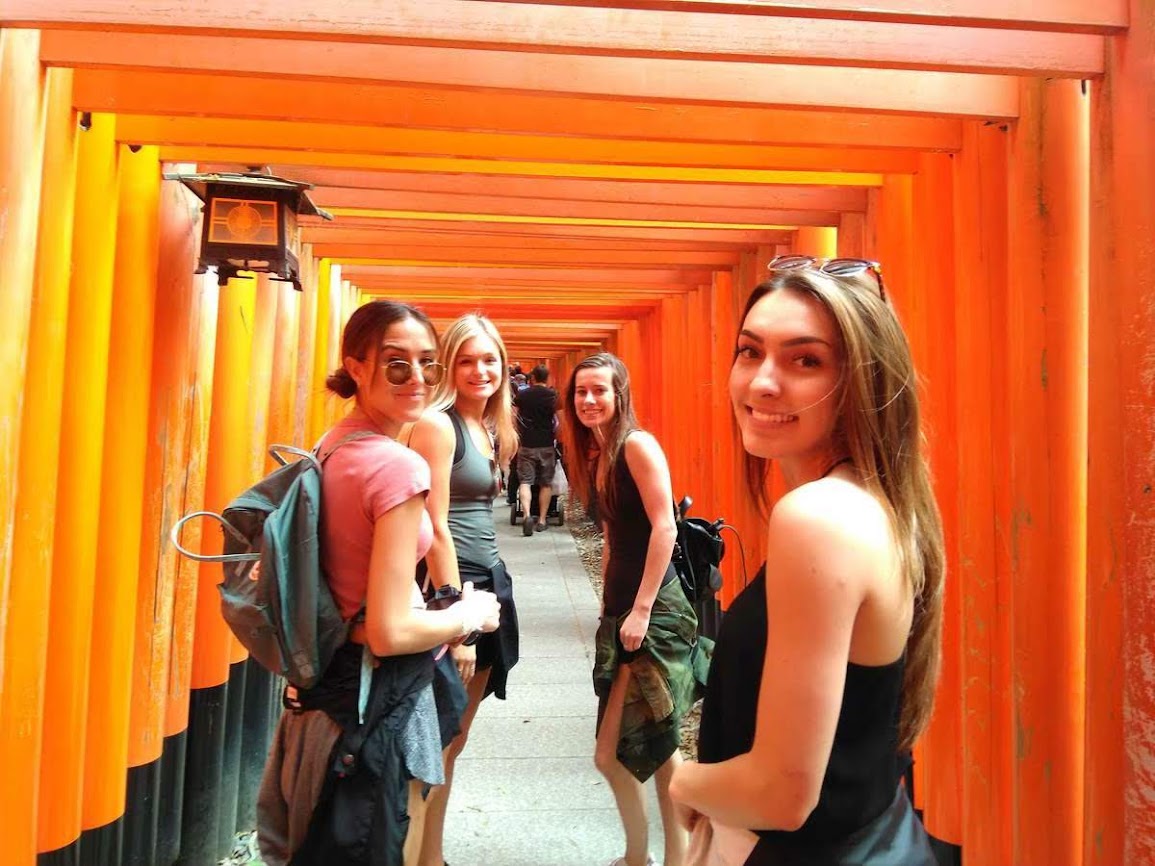
Follow us on Instagram, Facebook, Twitter, and TikTok for more travel inspiration. Or tag us to get featured!
Happy traveling!
